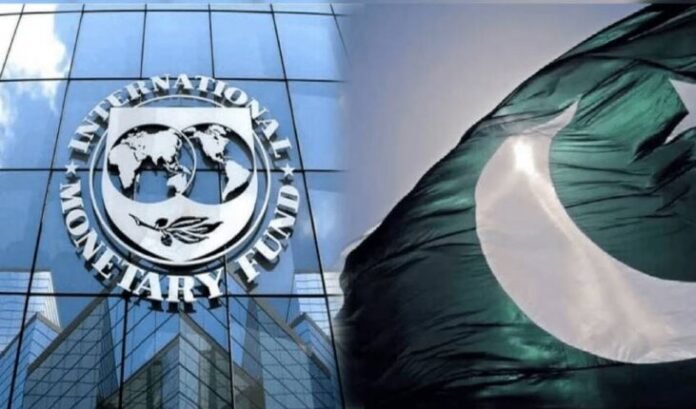The International Monetary Fund (IMF) has flagged serious weaknesses in Pakistan’s anti-money laundering regime, warning that gaps in enforcement and poor coordination among institutions are undermining the fight against corruption-related financial crimes.
In its draft Governance and Corruption Diagnostic Assessment, the IMF said Pakistan is failing to effectively use data on the “ultimate beneficial owners” of companies — the real individuals behind corporate entities. This shortfall, it warned, allows front companies to win government contracts and facilitates money laundering schemes.
According to the IMF, there is “little evidence of routine coordination” between the Securities and Exchange Commission of Pakistan (SECP) and investigative agencies in sharing and using beneficial ownership data during financial probes. The lender recommended creating a multi-agency working group to regularly review such data for corruption investigations.
Pakistan introduced beneficial ownership rules nearly eight years ago under Financial Action Task Force (FATF) compliance requirements. These rules require companies to disclose key details of their real owners, including names, national identity numbers, addresses, and dates of ownership changes.
While Pakistani authorities defended their performance — noting that agencies have direct access to the SECP database and the Financial Monitoring Unit (FMU) uses it for suspicious transaction analysis — the IMF found major gaps in registry verification, enforcement, and inter-agency access.
The report stressed that transparency in company ownership is critical not just for detecting illicit financial flows but also for preventing conflicts of interest in public procurement, especially when politically connected individuals secretly hold stakes in bidding firms.
The IMF also highlighted weak compliance in the Designated Non-Financial Businesses and Professions (DNFBP) sector, which includes real estate agents, jewelers, and lawyers. Despite legal requirements for risk-based due diligence and enhanced scrutiny of politically exposed persons, implementation remains patchy.
Pakistani authorities say banks and financial institutions have made progress in due diligence on high-risk clients, but technical capacity and compliance culture in the DNFBP sector remain inconsistent.
The IMF concluded that without stronger enforcement, better coordination, and broader use of ownership data, Pakistan’s anti-money laundering system will remain vulnerable to abuse — undermining both governance reforms and public trust.




